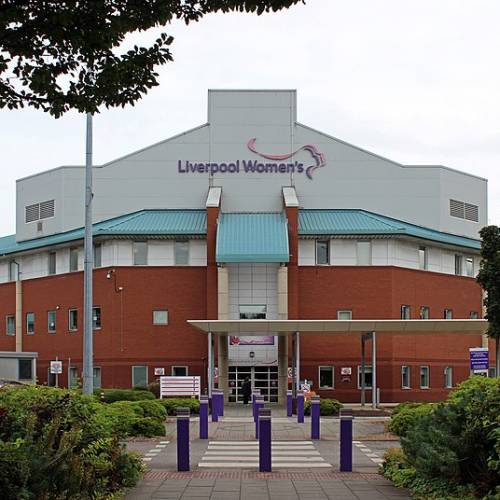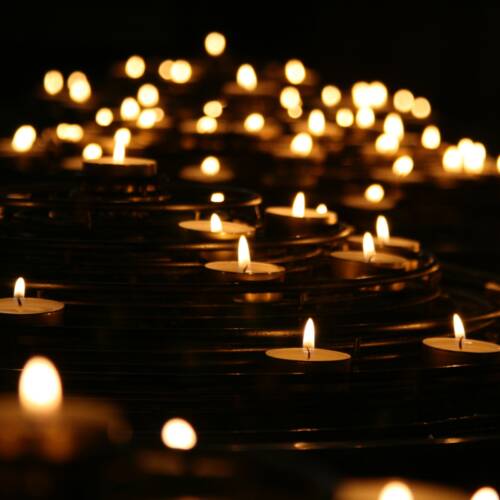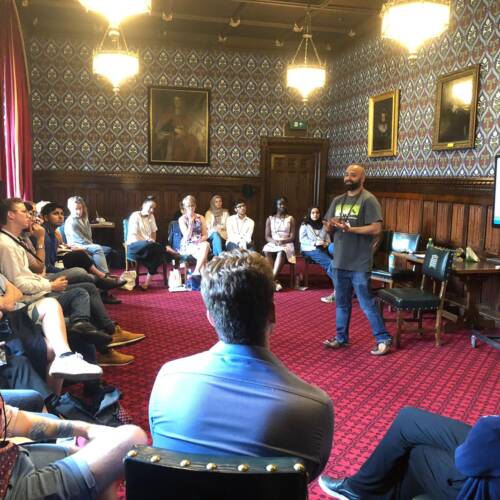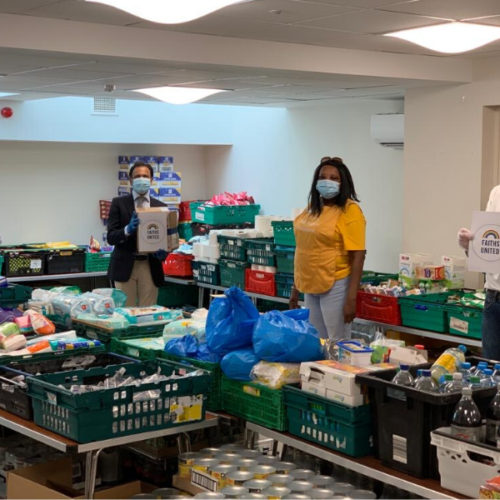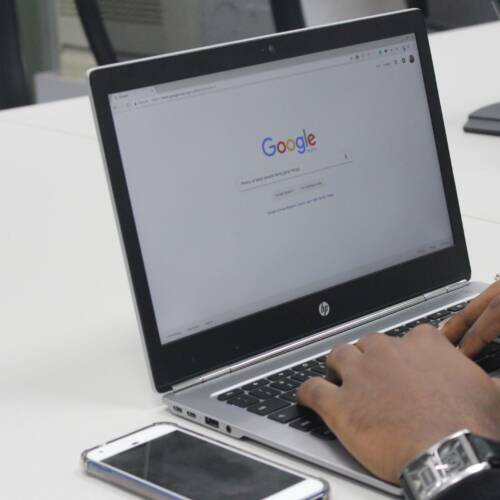
What is the ‘Delay’ Phase of the UK’s Coronavirus Plan?
12 Mar 2020The Coronavirus is spreading rapidly, causing a rise in the number of deaths globally and people diagnosed with the disease. On Wednesday, the virus was labelled by the World Health Organisation as a pandemic. The UK government announced today that it is implementing its strategy to ‘delay’ the further spread of the virus.
There are now 596 confirmed cases in the UK, up from 456 on Wednesday. 29,764 people have been tested so far, and 10 deaths have been reported in the country.
The government has urged that those who have recently returned from countries affected by the virus, or have been in close contact with a person who has tested positive for the virus should self-isolate. Self-isolation, it is hoped, will help to prevent the virus from spreading further.
PM Boris Johnson announced that the UK government has switched to strategies aimed at delaying the spread of the virus, as opposed to containing it, at the emergency Cobra meeting earlier today. He declared that those who have symptoms should self-isolate for seven days, including all those living in the same household.
He added: “We are considering the question of banning major public events,” but also said that “banning such events will have little effect on spread.” Contrary to earlier predictions, the PM clarified there are no plans to close schools now, and that scientific advice suggests doing so could do more harm than good. “Schools should only close if they are specifically advise to do so.”
The ‘delay’ phase is clearly outlined in the government’s planning document which explained that, “the benefits are that if the peak of the outbreak can be delayed until the warmer months, we can reduce significantly the risk of overlapping with seasonal flu and other challenges, societal or medical, that the colder months bring.” The primary goal of the delay phase is to slow the rate of the virus being spread, as this would buy time for the NHS to clear the annual winter pressure that it faces, the initial development of vaccines, and improved therapies or tests to help reduce the impacts of the virus.
It is encouraged that people wash their hands regularly and catch coughs or sneezes with tissues.
People of all ages can catch the virus, but some are at greater risk of suffering its more severe effects. Older people and people with on-going medical conditions such as asthma, diabetes and heart disease are more likely to suffer the fatal consequences of the virus, according to the NHS. The number of people dead from the virus stands at 10, who also had underlying health conditions. The number of deaths caused by the virus is likely to increase with more people catching the virus daily.
Mosques in the UK are urging Muslims to observe hygiene standards recommended by the government and to stay away if they have recently returned from affected areas, or are displaying symptoms of the virus.
The Muslim Council of Britain has urged Mosques, Madrasas and Muslim community centres to follow best hygiene practices and that prayer halls are cleaned more regularly. The ablution areas should have enough soap, hand sanitiser and paper towels to ensure visitors are able to adhere to the hygiene advice. Also, mosques should display posters produced by public health bodies regarding handwashing and hygiene where it can be easily seen by visitors.
If you think you may have the virus, or you have been in close contact with someone who has it:
- Self-isolate – stay at home and avoid close contact with others.
- Avoid going to the GP surgery, hospital or pharmacy.
- Call the NHS 111 online coronavirus service for more information and what to do next.






